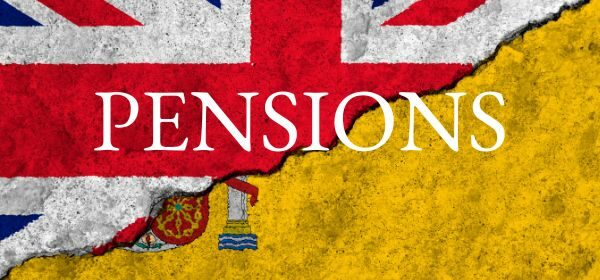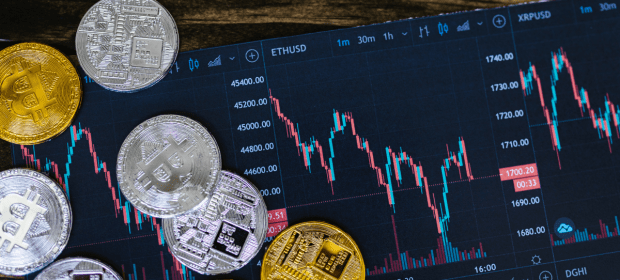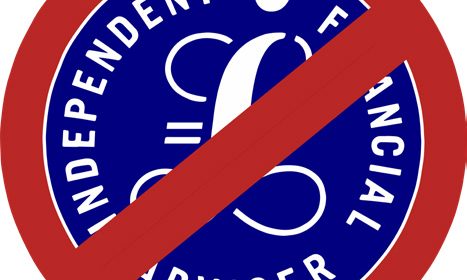TAX ON UK DOMICILED ASSETS
This is probably the most revealing piece of information that we have discovered, and whilst it is new for UK residents, it has always been the tax case for other non-EU Italian residents e.g. US citizens. And very important information it is as well for the holders of UK domiciled non-property assets (excluding bank accounts).
We are not sure if most commercialisti are aware of what we discovered and so we encourage you to have a discussion with yours if you think you might be affected!
Essentially, if you hold non-EU approved investment funds in a portfolio with a bank or an asset manager, then these same assets must meet 3 simple rules for the flat 26% tax treatment for investment income and capital gains to be applied, in Italy.
1. The fund or collective investment must be established in a member state of the EU or EEA
2. It must be sold in Italy under the relevant distributions guidelines from the regulator CONSOB
3. And if you are working with someone who manages your money they need to be subject to EU authorisations in the country in which they operate from
And the important point to note is that any investment fund must be covered under all 3 criteria and not just one!
What is the consequence if your collective investments don’t meet these criteria?
Very simply all your investment income and capital gains are added up and taxed at your highest rate of income tax! They are added to all your other income for the year and taxed accordingly. For someone who is earning up to €15000pa (pensions, rental income and/or employment income) then this would be advantageous, but for any figure above then your tax rate will be higher than the 26% currently charged on the same asset.
How can you check if you have a non-EU domiciled collective investment asset?
Very simply, all securities are allocated an International Securities Number (ISIN code). You will need to check that yours starts with an EU approved code, such as IE, LU, FR, IT etc. For any UK citizen living in Italy holding securities/funds or assets, whose code starts with the letters GB, then it might be time to take another look at your financial planning as a resident to try and mitigate any future tax charges on these assets.
And that’s it for this E-zine! There are quite a few financial planning considerations to be taken into account here and so I will elaborate on them in future E-zines, but if you have any doubts as to whether any of these topics may apply to you, or want some help looking into anything, then I would suggest you get in touch using the form below.
























